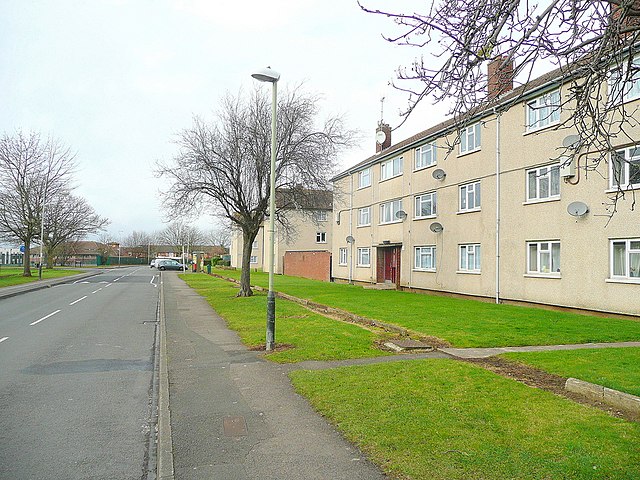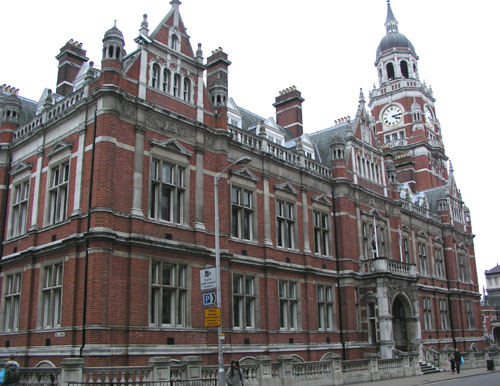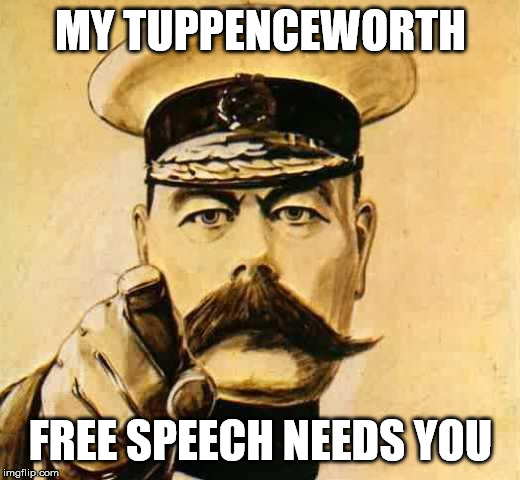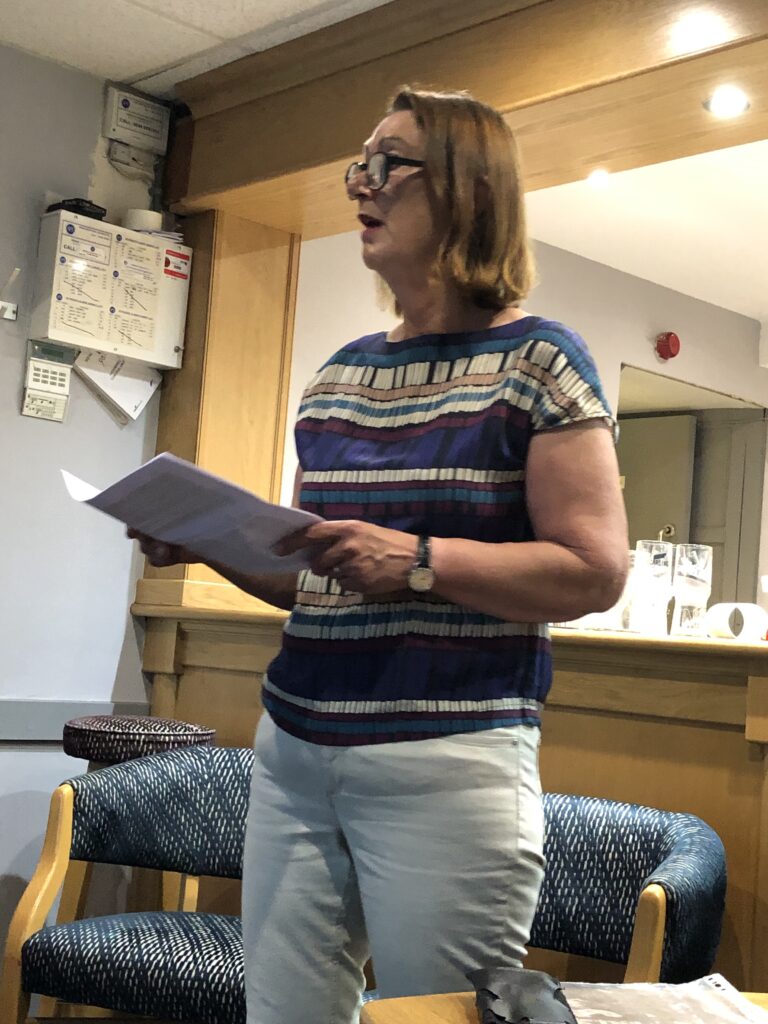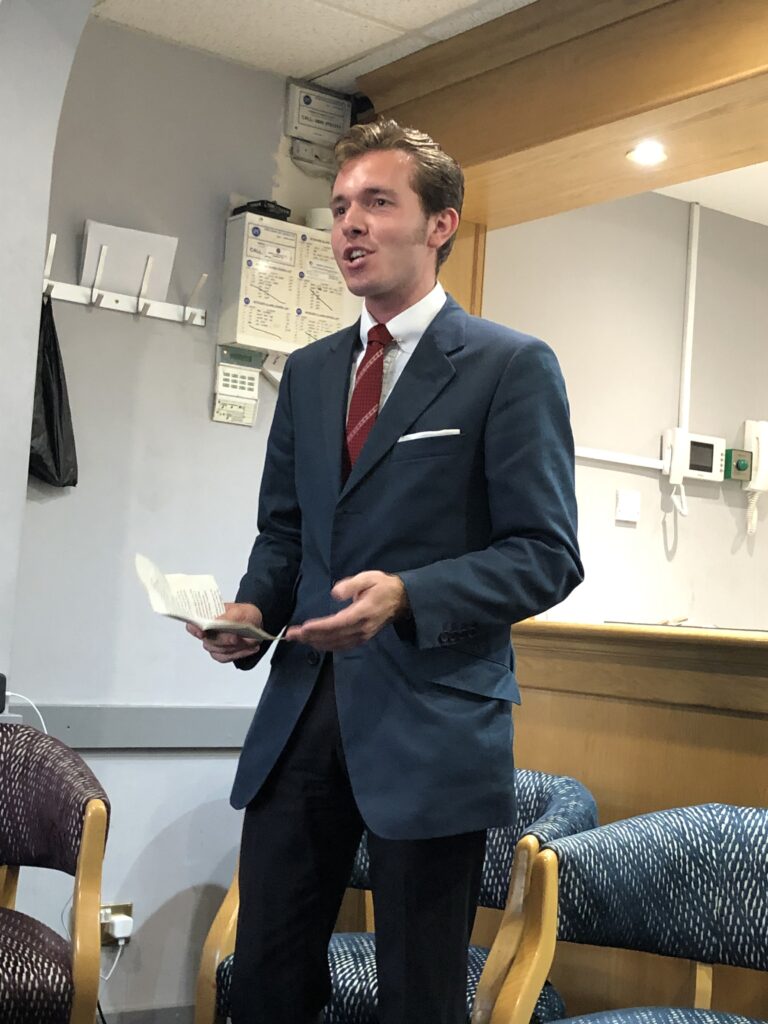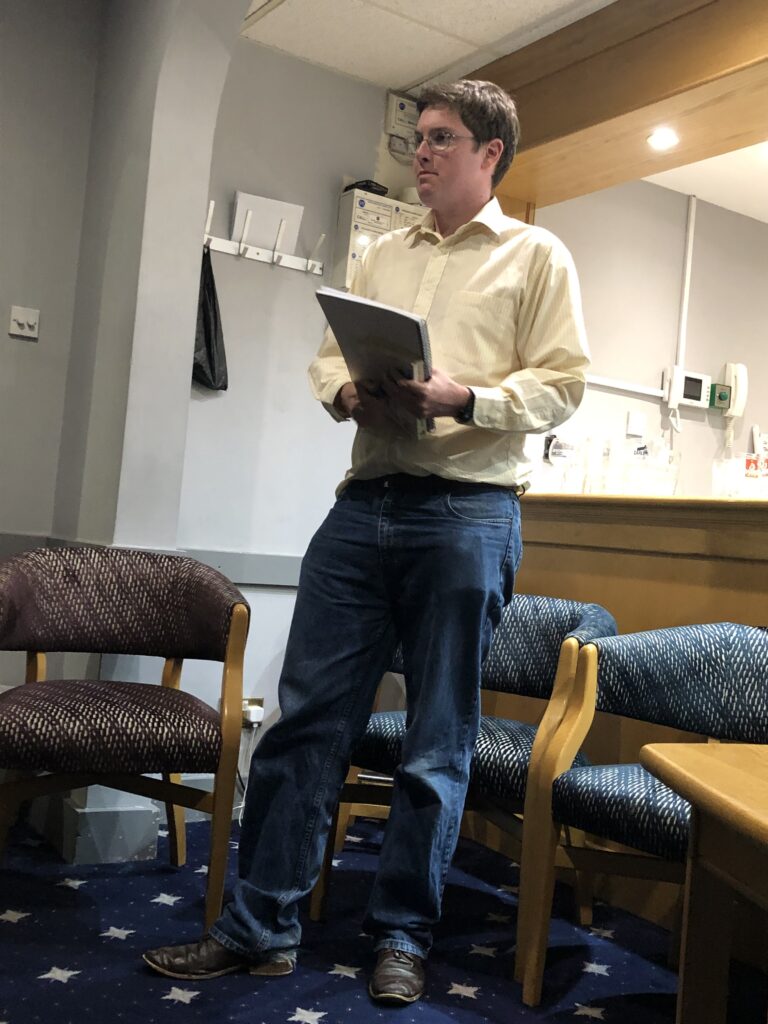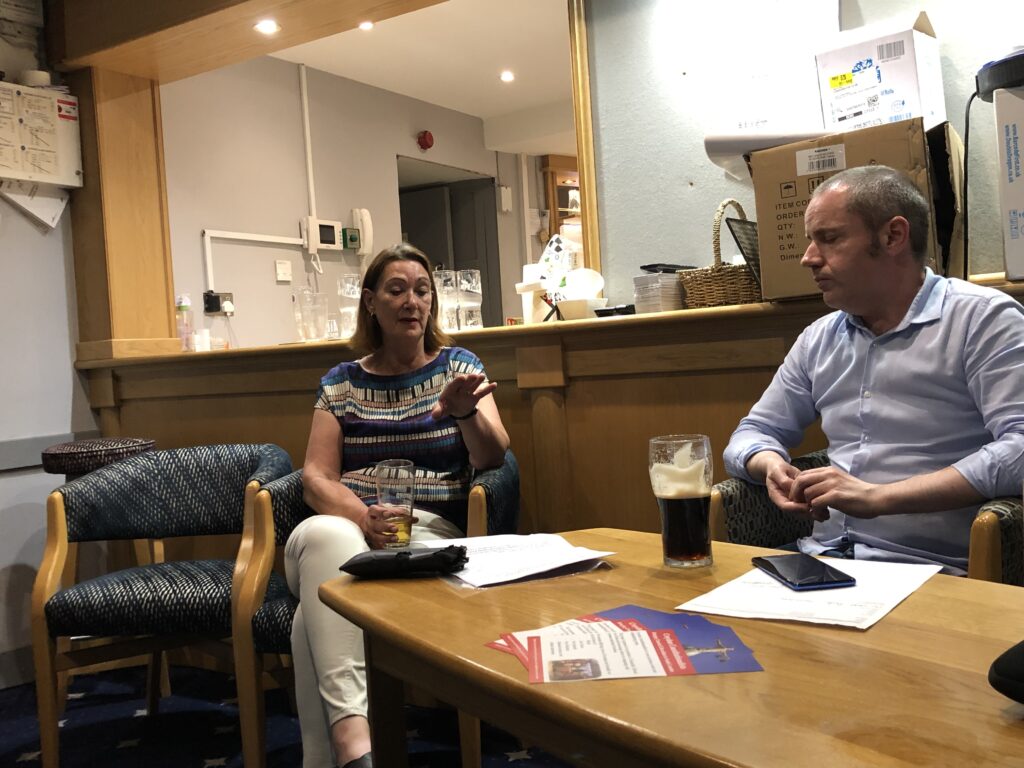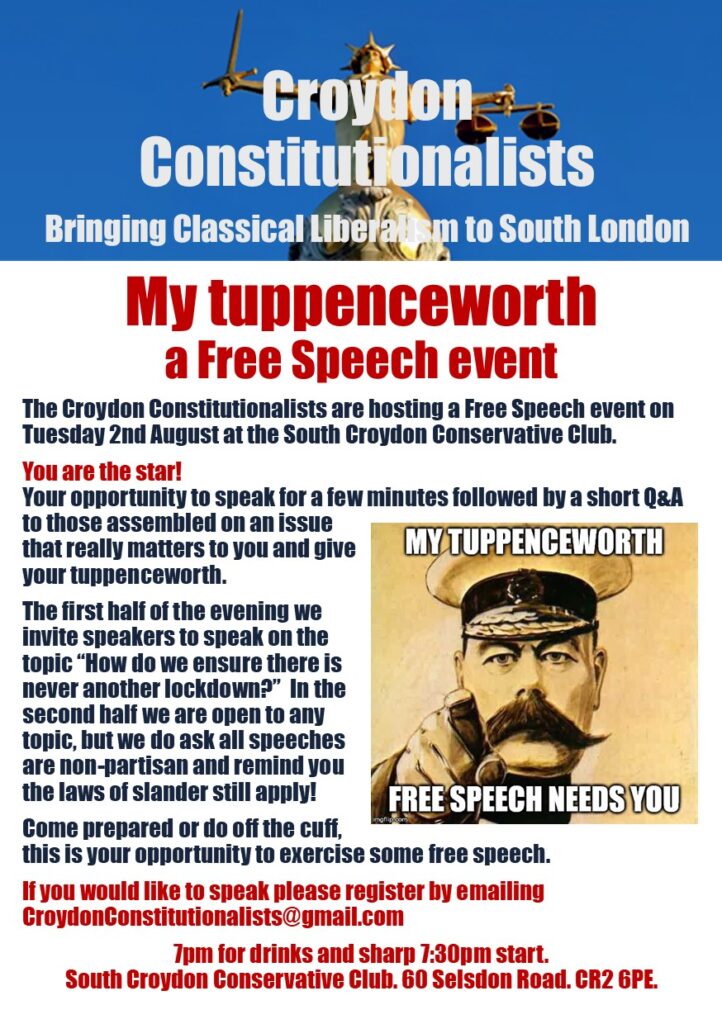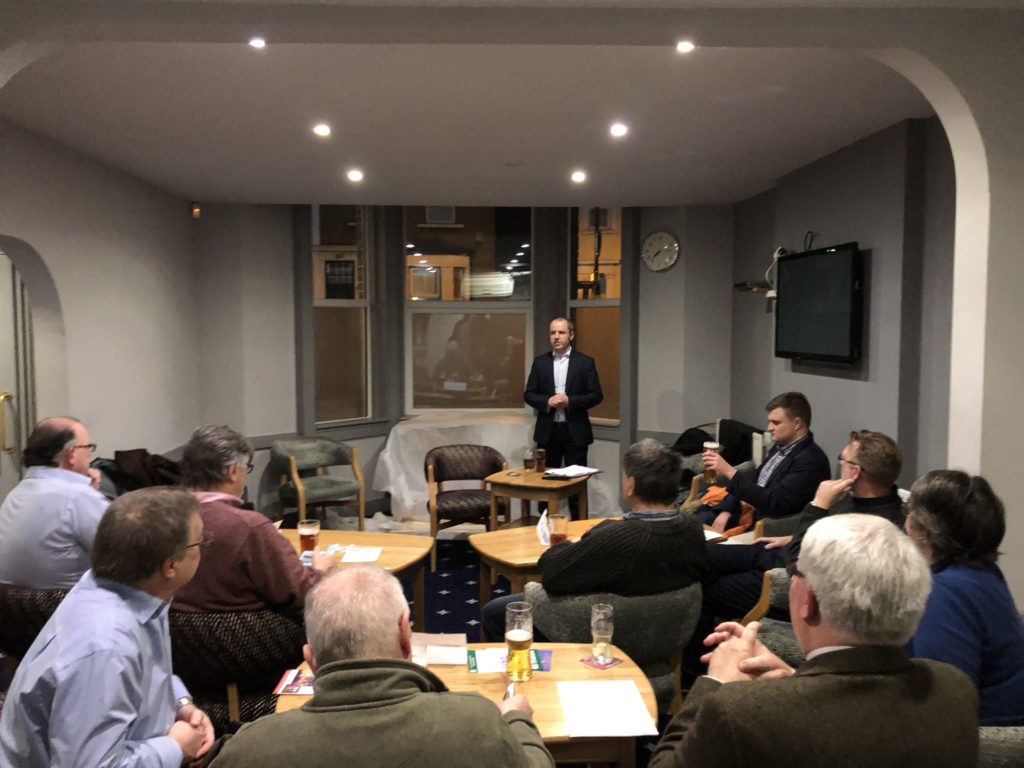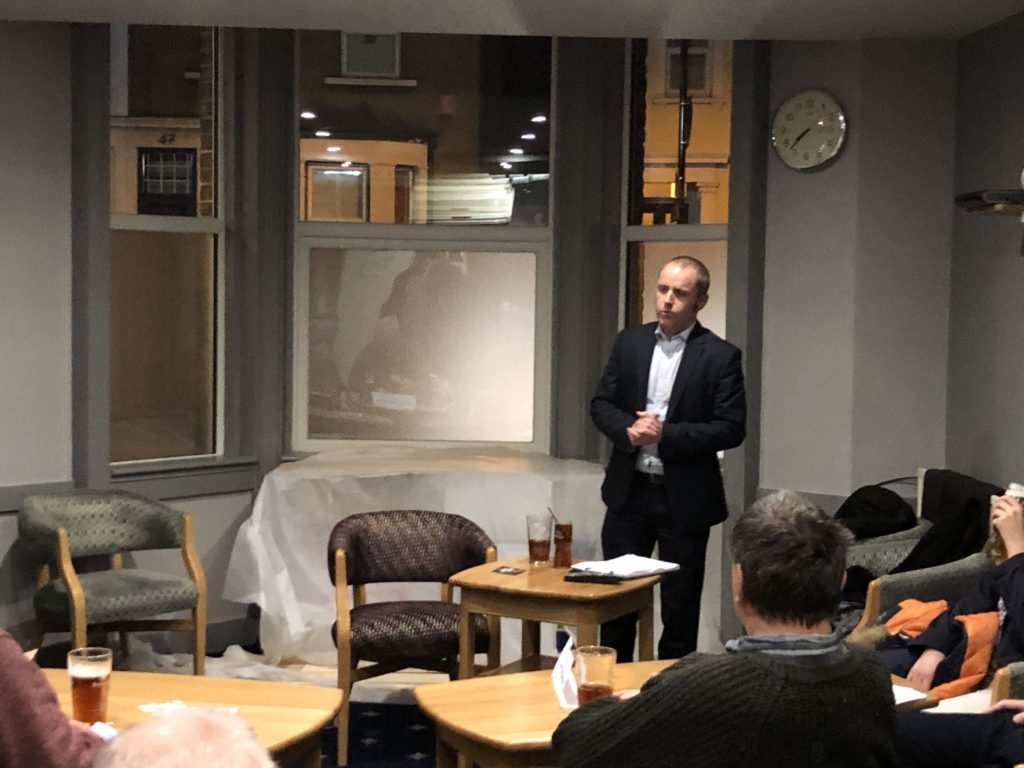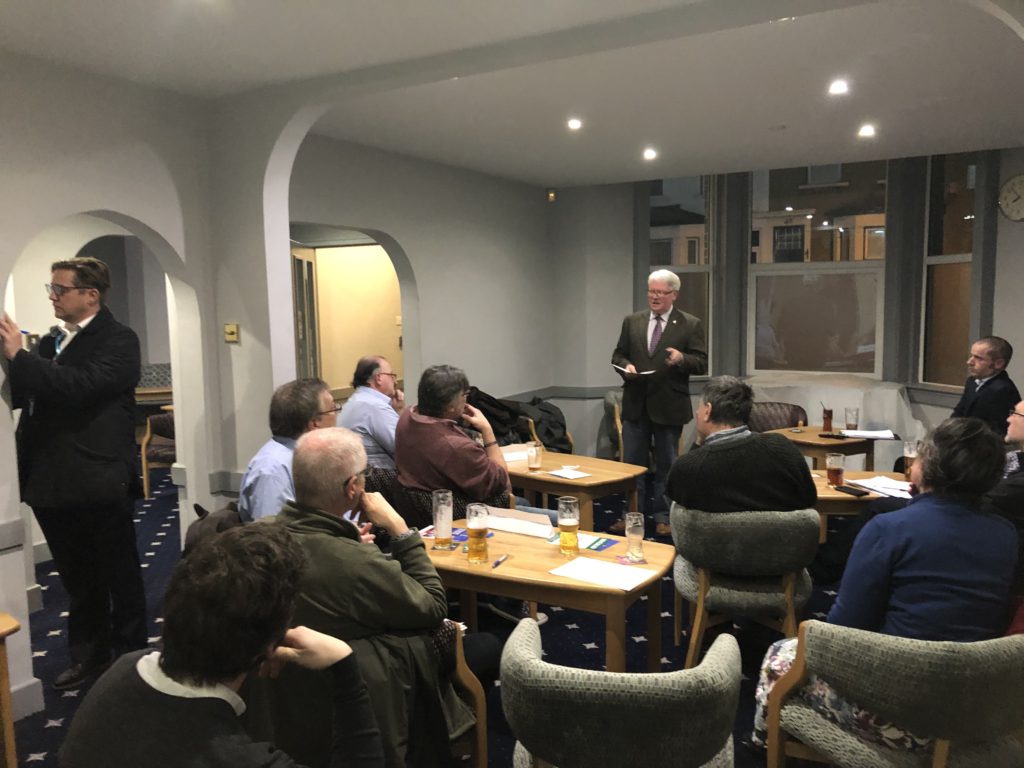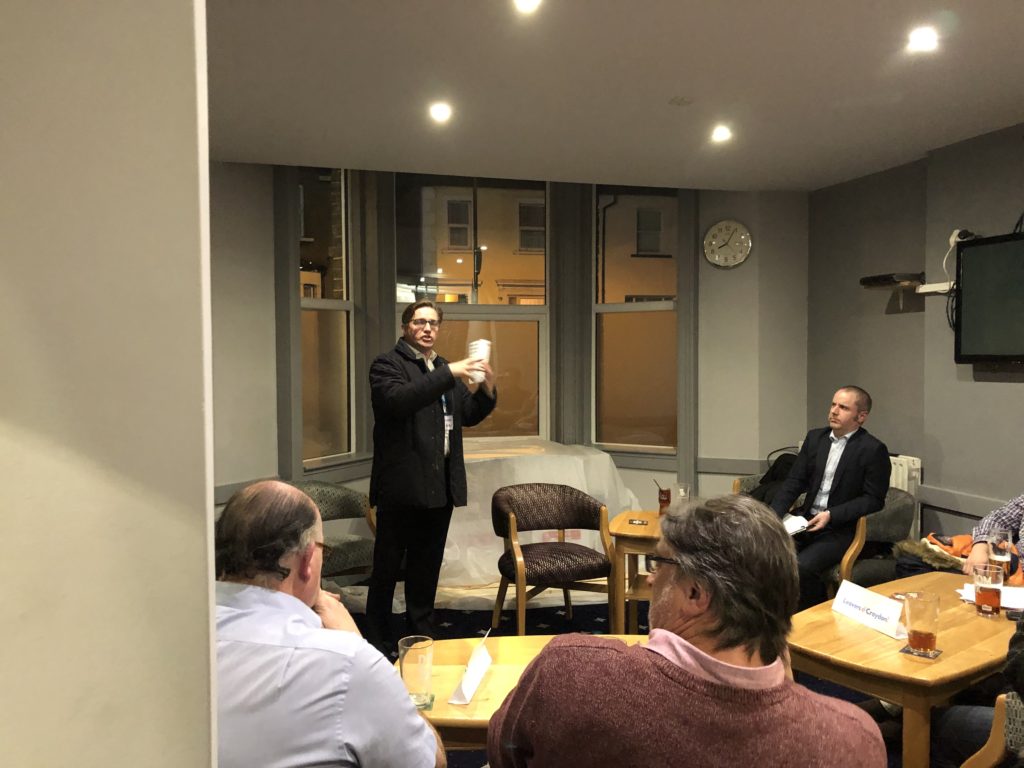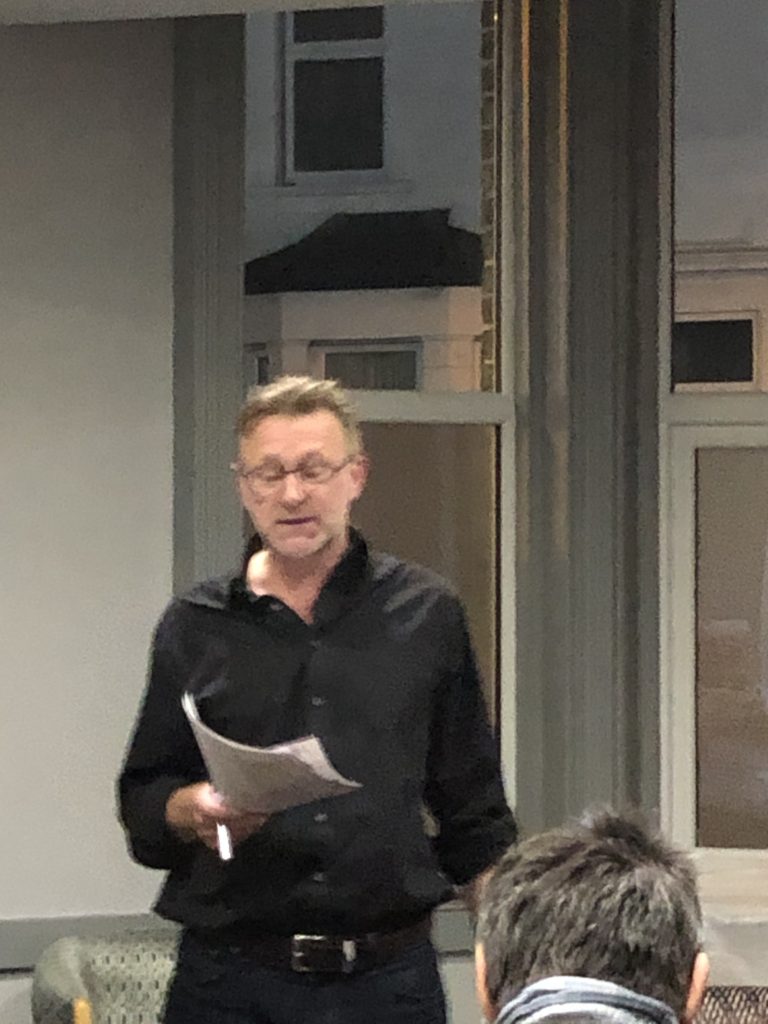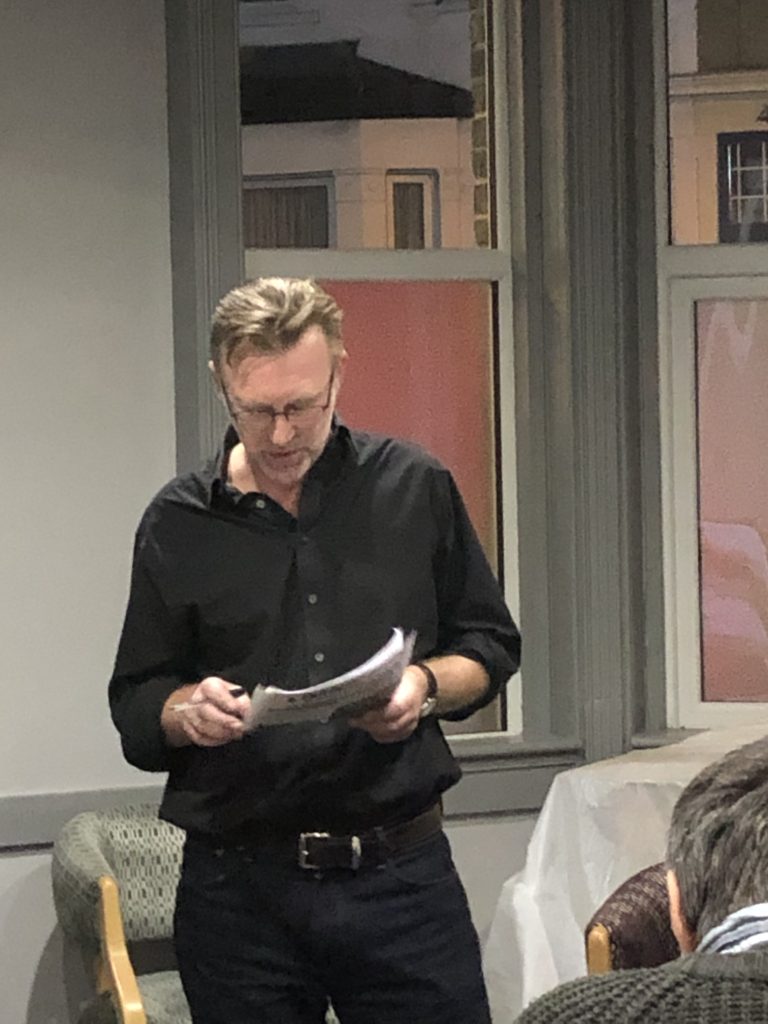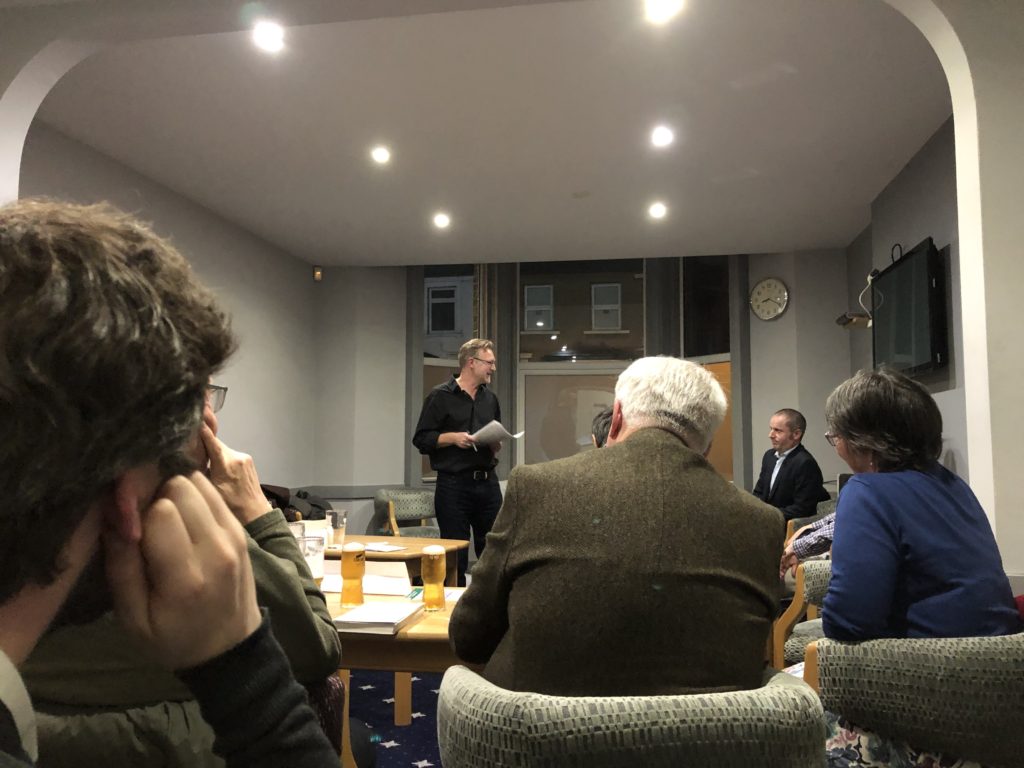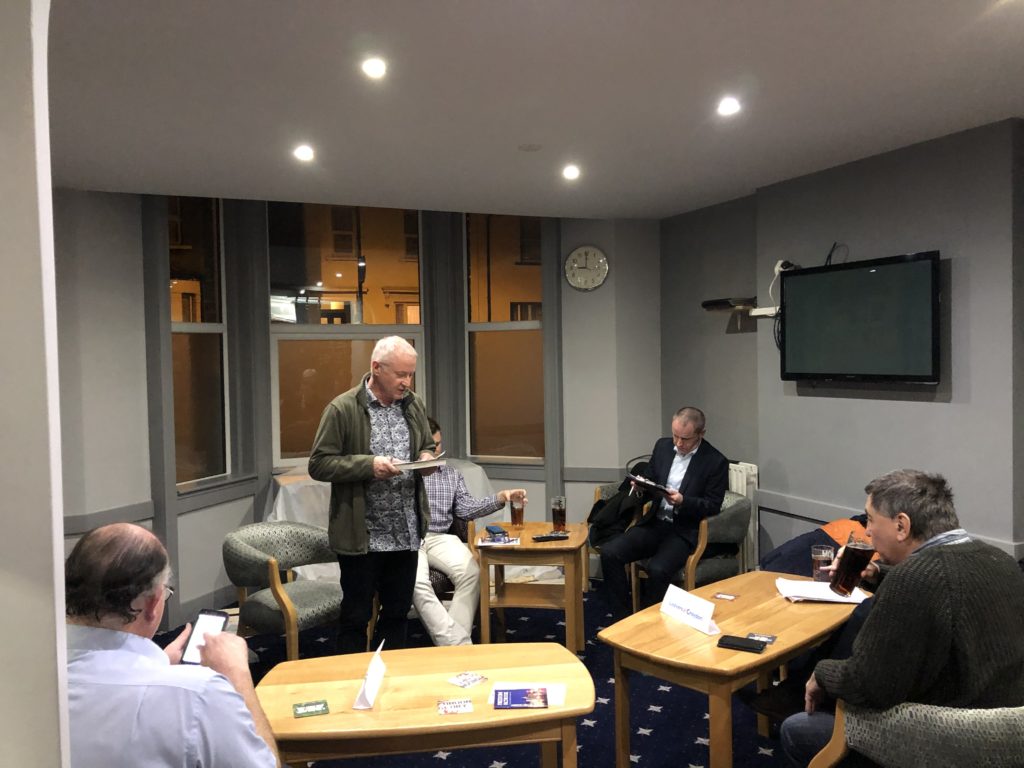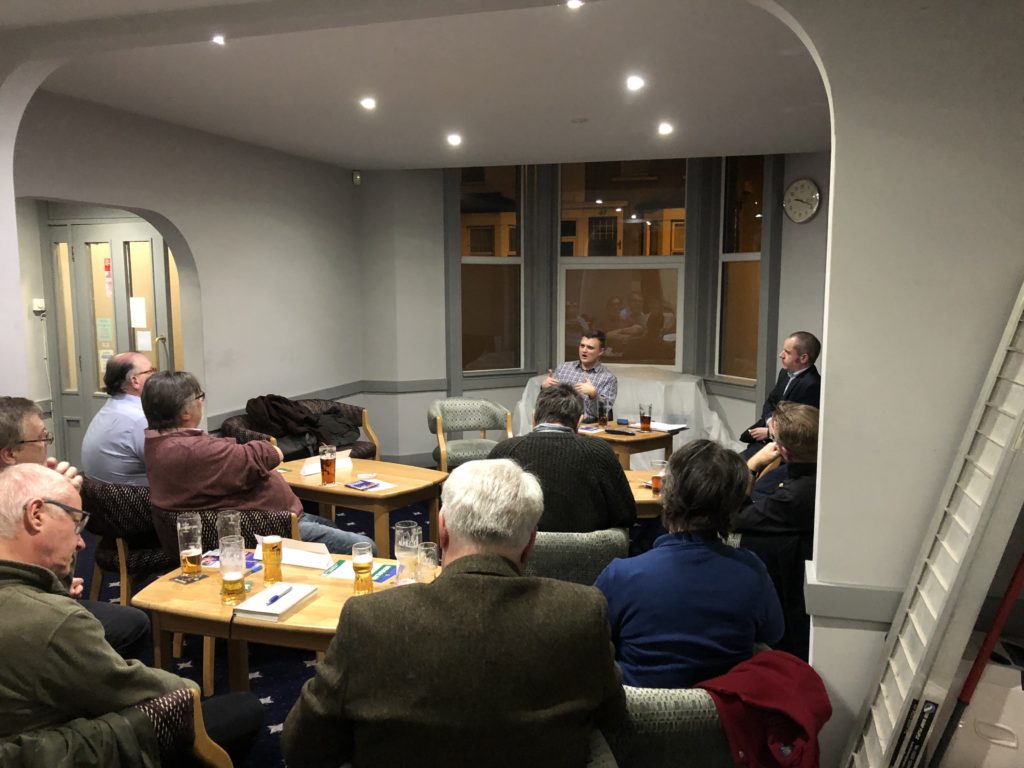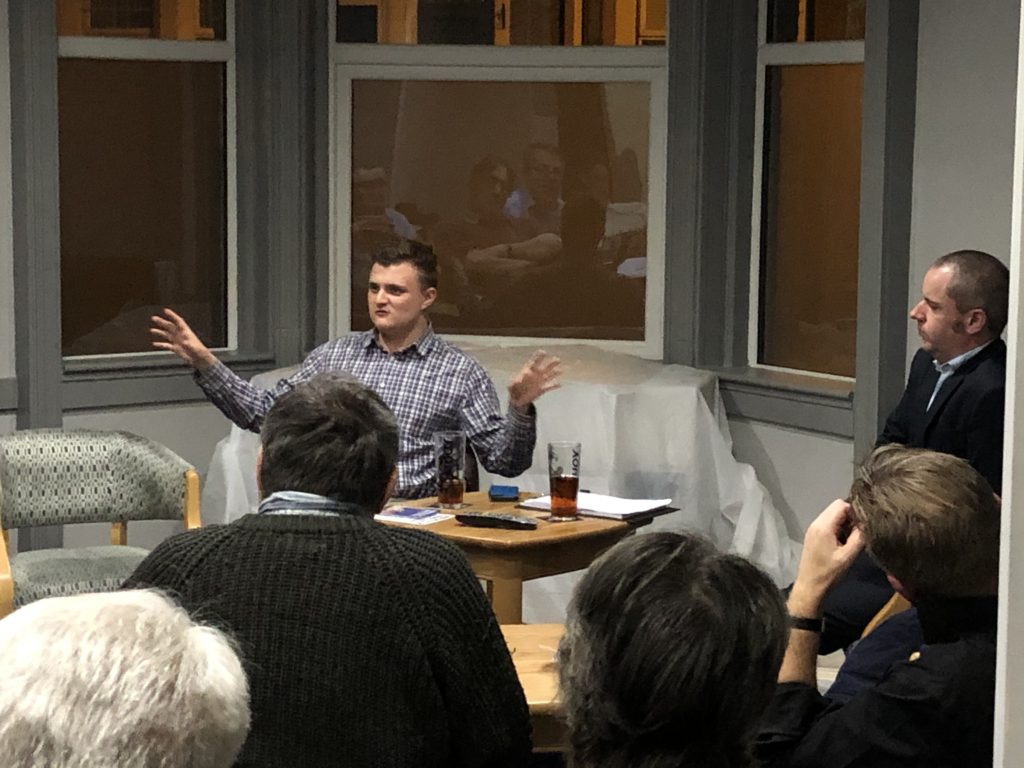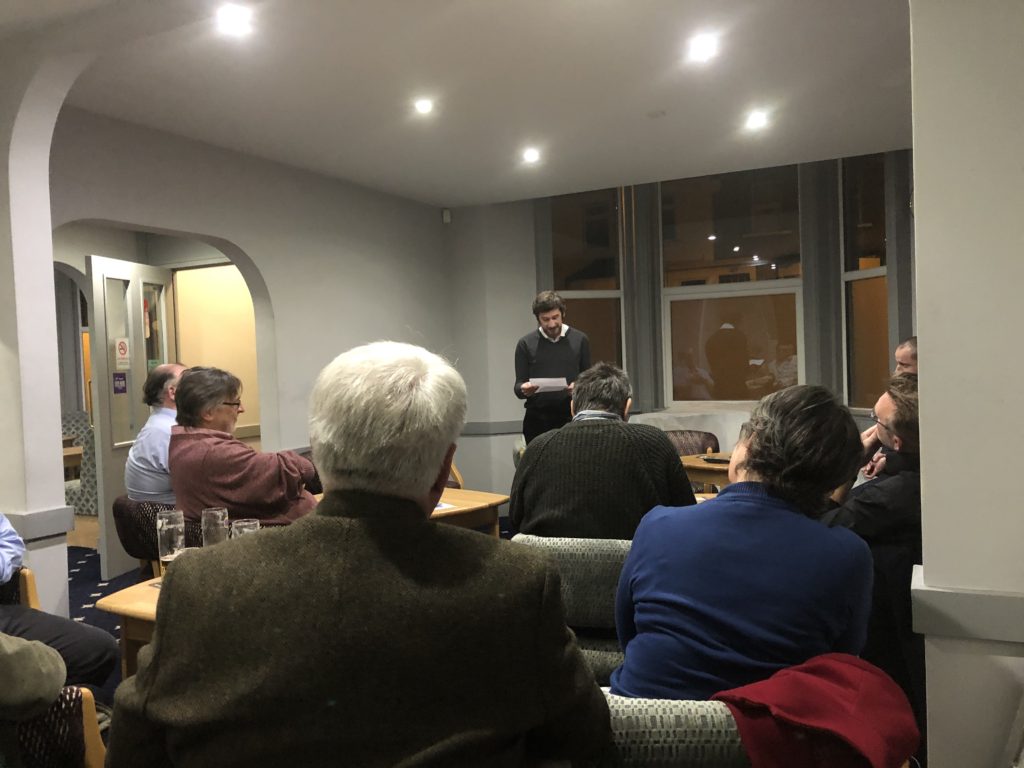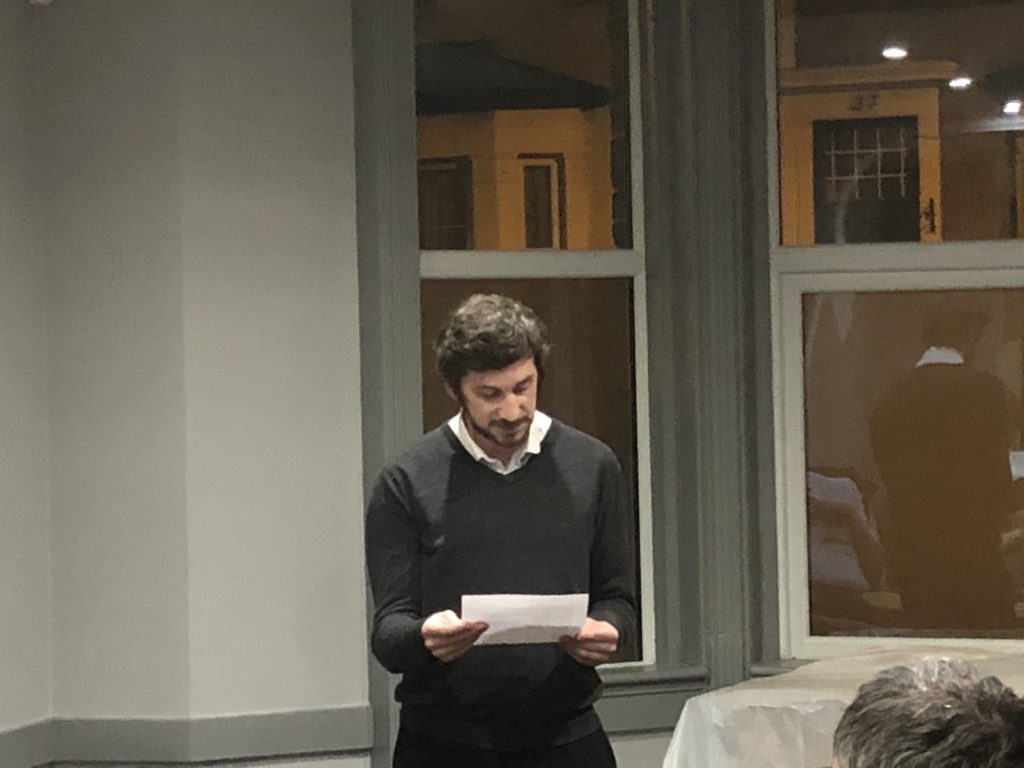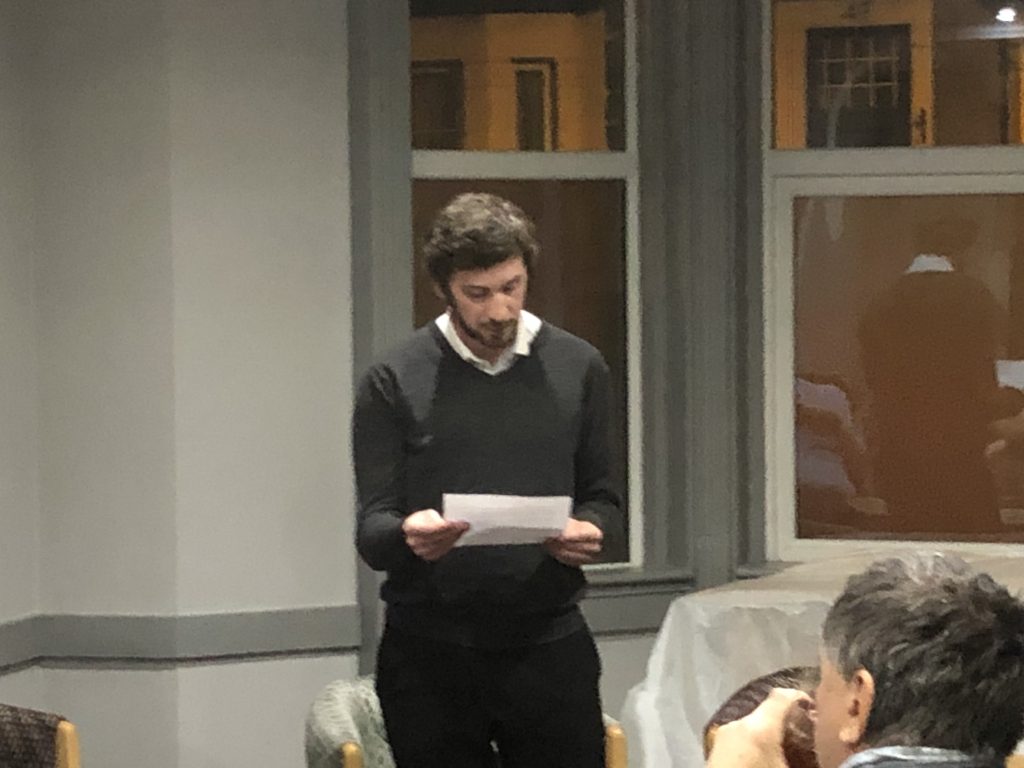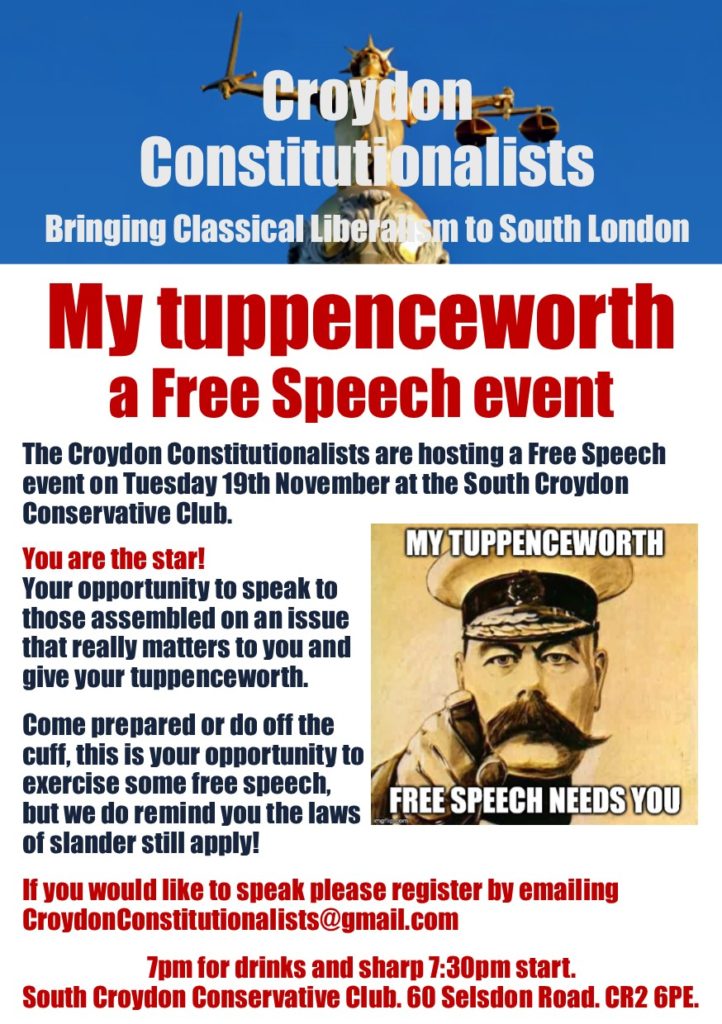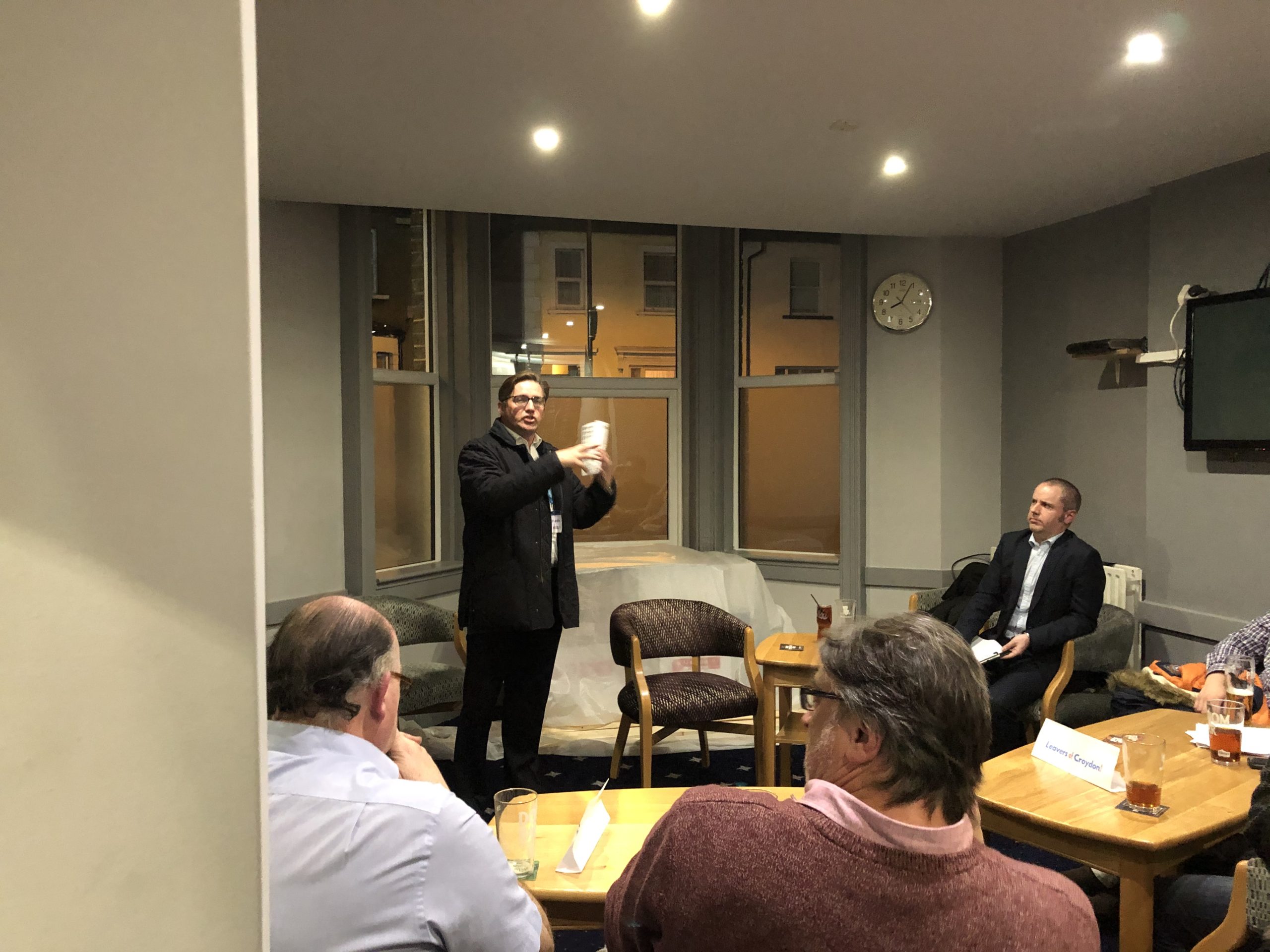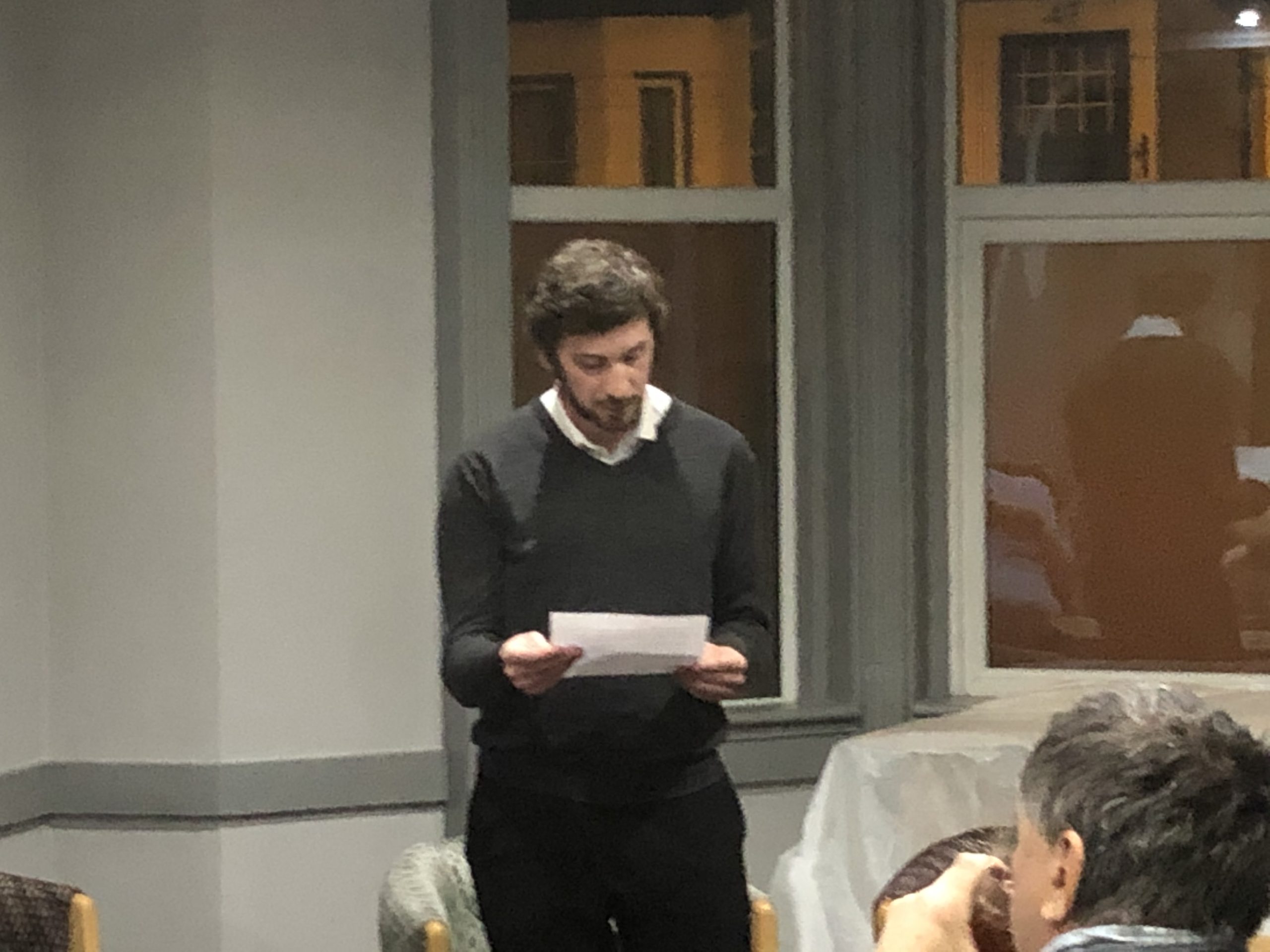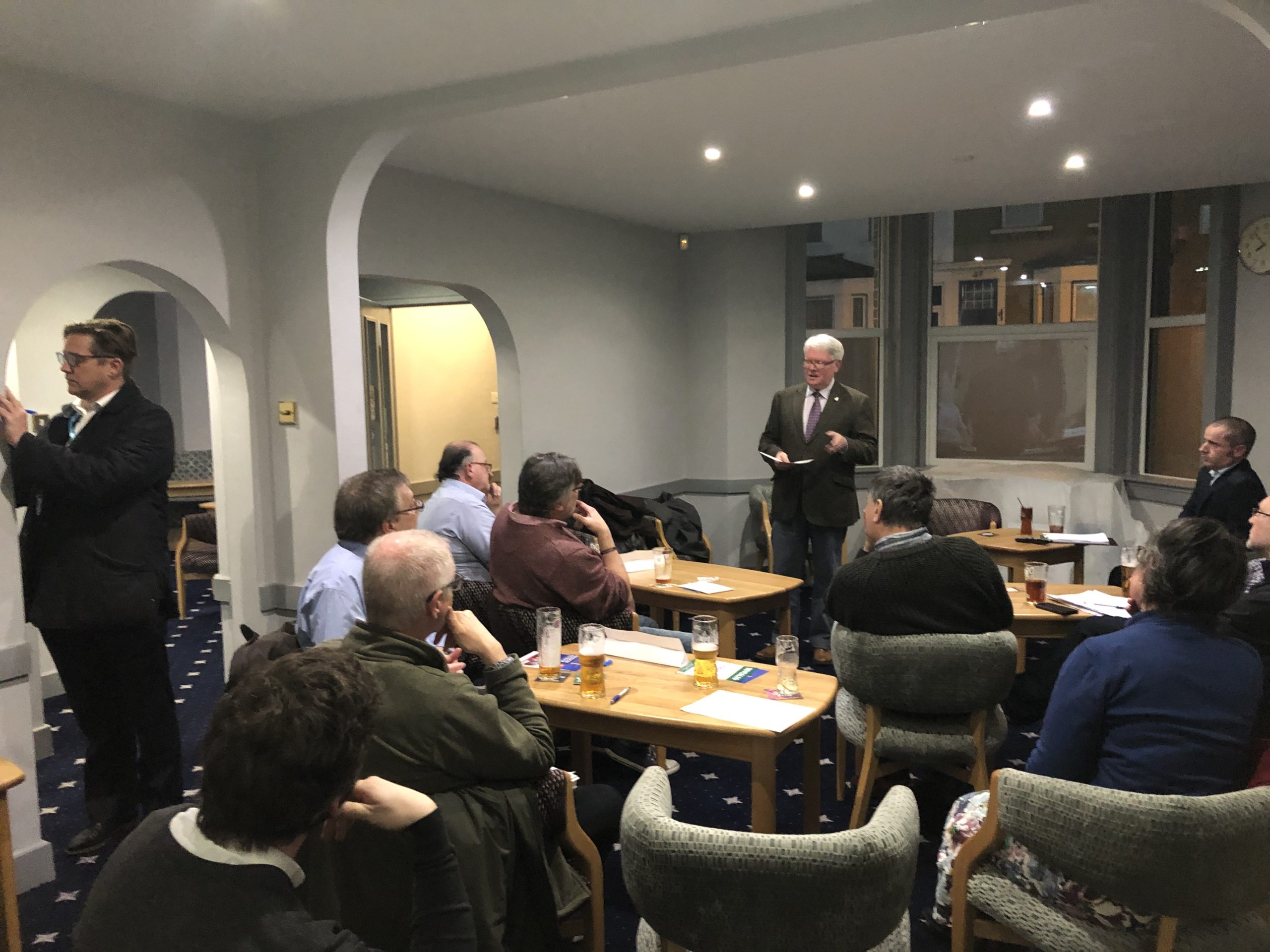My tuppenceworth speech by Hilary Judge
“My contention is that it is an outdated concept and selling off better social housing to private landlords and demolishing tower blocks would benefit the community”
The concept of social housing was introduced just over 100 years ago. It started with the intentions of improving the living conditions of renters but has resulted in replacing slums 100 years ago with slums today.
My contention is that it is an outdated concept and selling off better social housing to private landlords and demolishing tower blocks would benefit the community, by encouraging tenants into work, improve property repairs and create an economically mixed tenant base.
The Housing and Town Planning Act (Addison Act) of 1919 was the beginning of social housing in the UK, enabling local authorities to use government funding to build social housing for the working classes. The aim was to provide high-quality homes with gardens in greenfield areas, with indoor toilets and fitted baths for working families who could afford to pay higher rents. Local councils began to compulsorily purchase farms, using the land for development.
These houses were spacious but expensive to build. The next phase saw former slums cleared and replaced with flats between 3 and 5 stories high, being a cheaper alternative to family houses. These flats were also 35% smaller than houses but still had 3 bedrooms.
Construction stopped during WW2. At the end of the war, the government restarted replacing homes lost by bombings with prefabricated houses, which could be made off-site and quickly assembled. These prefabs were supposed to last for 10 years, although there are still some in existence today.
“the quality of construction diminished. Instead of “high-quality houses”, families were housed in high-rise flats”
Another cheaper solution was precast reinforced concrete, where unskilled labour could be used in construction. High-rise blocks of flats were developed using precast reinforced concrete.
So the quality of construction diminished. Instead of “high-quality houses”, families were housed in high-rise flats.
In 1980, the Right to Buy scheme was introduced, resulting in around 1 million homes sold in 10 years, with tenants buying mainly the better-quality homes. Council housing stocks diminished. The precast concrete properties were found to have structural issues and prospective purchasers had difficulty securing finance.
Councils were then left with poorer quality homes considered “hard to treat”. Councils were encouraged to hand over these properties to housing associations and other social landlords who could secure funding for regeneration works.
Private tenants do not have a right to buy – quite rightly in my opinion. However, they do have a proper choice of where exactly they want to live and the type of property that they want to live in, depending upon how much rent they can afford.
“Private landlords generally want to maintain their properties to a high standard as ignoring issues increases damage and costs in the long run. Most provide a much better repairs service than social landlords as they have a financial interest in the property”
Up until the 1980s, rent was collected weekly and repairs could be reported at the same time. Council officers would undertake a pre-inspection unless the job was routine and their own workmen would carry out the repair. As landlords, it could be said that councils were fairly hands-on. Housing associations used small, local contractors but would carry out pre and post-inspections. This gradually changed, so now most social landlords contract out their entire maintenance operations to large maintenance contractors, including reporting repairs.
Opportunities to examine high-maintenance issues, from “lifestyle” to building deficiencies can be overlooked.
Private landlords generally want to maintain their properties to a high standard as ignoring issues increases damage and costs in the long run. Most provide a much better repairs service than social landlords as they have a financial interest in the property.
In 1996, a total of 26.6m households in owner-occupied properties, 5.97m in social housing and 3.54m in private rented properties.
Statistics from June 2022 show a total of 26.62m households in owner-occupied properties, 5.94m in social housing and 8.72m in private rented properties. So the number of owner-occupied and social rented properties has stayed fairly consistent over the last 26 years, but the private rented sector has increased by 250%.
By May 2019, claimants of Housing Benefit had reduced to 3.6 million, while 1.1 million households were receiving the housing element of Universal Credit. 73% of HB recipients (2.6 million) were tenants in the Social Rented Sector and 27% were in the Private Rented Sector (970,000). So much for the working families who could afford to pay higher rents!
Social landlords are moving from being councils to housing associations. Although they are “not for profit”, chief executives often earn six-figure salaries, and most management boards are paid. Housing associations do not pay tax on profits.
There is a regulator of social housing, who is responsible for ensuring that housing associations are properly managed, given the scale of public funds that they receive.
“Competition between landlords to have the best properties and secure highest rents. Complete choice for tenants – you can live anywhere that you want if you can pay the rent”
Contrast this with private landlords who only receive tax relief at 20% on mortgage interest and contribute to the treasury with tax on their profits.
Social housing is allocated on “need”, so having children, medical problems and no job all help to secure a home. Tenants also must prove that they are the responsibility of that local authority. Contrast that with private landlords – referencing to make sure that tenants can afford the rent so preference for those in work. Competition between landlords to have the best properties and secure highest rents. Complete choice for tenants – you can live anywhere that you want if you can pay the rent. The incentive is to have a successful career and many private tenants go on to buy their own properties.
Dumping tenants with mixed social needs together on estates simply results in chaos. High rates of crime, gangs and drugs. Private landlords are usually in mixed owner-occupied / private rented areas, so less anti-social impact.
My contention is that if all social housing was sold to private landlords – not property companies but individuals – there would be less worklessness, less crime, better properties and more tax for the treasury.
Selling 5.9m properties at half average value would generate £800 billion. If each property generated a £5k profit annually, there would be an additional £6 billion in tax.
Image: Older social housing, Hester’s Way, Cheltenham 2 By: Jonathan Billinger

